13 Dangerous Side Effects Of Cilantro
Get your facts right before you introduce this unassuming herb into your diet.
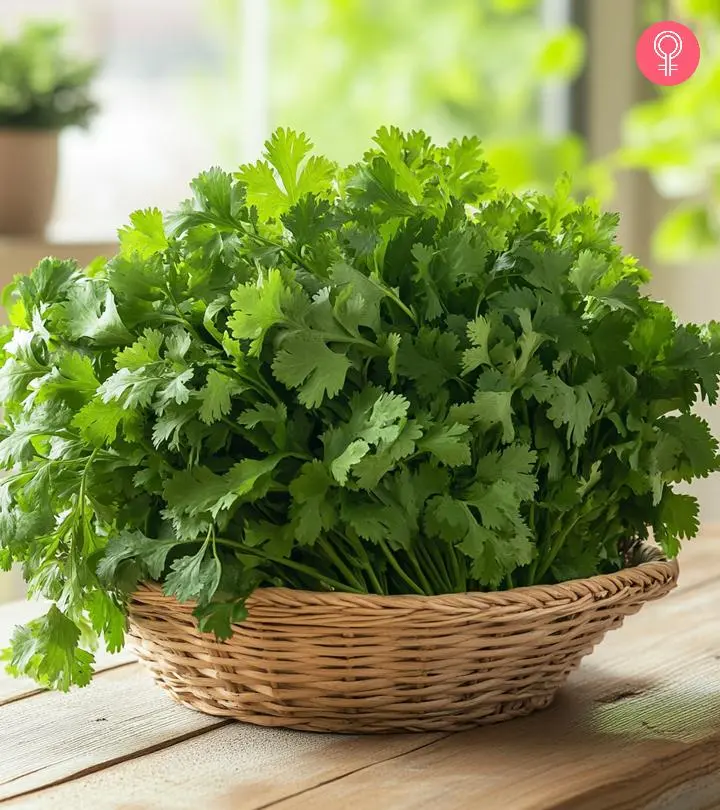
Image: Midjourney/ StyleCraze Design Team
Cilantro is an herb used in a wide variety of cuisines worldwide and is known for its flavor and the pungent smell it imparts to dishes. However, one must also be aware of the side effects of cilantro that are mostly associated with its overconsumption.
This flavorful herb completes every dish and adds a unique aroma to the delicacy. Mexican cuisine uses it in almost every dish. This herb also contains some medicinal properties. However, its negative effects are also gaining attention. Learn more about them in this post.
 Know The Flip Side: Cilantro
Know The Flip Side: CilantroShort-Term Effects
Gastrointestinal issues like abdominal cramps and vomiting, diarrhea, skin sensitivity, and allergic reactions like hives, swelling, and rash.
Long-Term Effects
May cause liver damage and may cause kidney stones.
Drug Interactions
Excess cilantro intake may interact with sedative medications and drugs that slow blood clotting.
When To See A Doctor
Cilantro may cause chest pain, when this concern turns into a chronic condition it is advised to consult a doctor.
In This Article
Top 13 Side Effects Of Cilantro:
Here are the top 13 cilantro side effects
1. Liver Damage

Overconsumption of cilantro can take a toll on the liver and affect its activities badly (1). It contains certain volatile essential oils that trigger the functionality of the most significant organ of our body. It also contains a number of powerful antioxidants, which help in eliminating liver problems. But when you consume more than the recommended amount of the herb, you force these constituents to work in the reverse order, increasing bile secretion and ultimately harming the liver. There is more research needed to properly understand the relation between cilantro and liver damage.
2. Low Blood Pressure

Excess ingestion of cilantro is bad for your cardiac health, this is one of the adverse reactions to cilantro as it may make your blood pressure plummet too low (2). Anecdotal evidence suggests that you may experience mild euphoria by including lots of this herb in your daily diet. Apart from the fall in blood pressure, it might also cause light-headedness followed by unconsciousness.
3. Upsets Stomach

Cilantro is known to heal several gastrointestinal issues. But when you take cilantro overdose, you might end up upsetting your stomach and developing various digestive disorders. According to a medical report, consumption of 200 ml cilantro extract (10%) for one long week can result in cilantro-induced gastrointestinal symptoms like extreme gas formation, stomach pain, abdominal cramps, vomiting and sometimes even loose motion (3).
4. Diarrhea
In severe cases of upset stomach, you may develop mild to moderate diarrhea (3). It has also been reported that this condition can get worse leading to dehydration. Try to keep the quantity of cilantro under control while incorporating it in your regular meal.
5. Breathing Problems
If you already suffer from some respiratory issues, it is advised not to consume excessive cilantro (4) It can give you acute breathing problems that can eventually lead to chronic lung diseases like cilantro-induced asthma. Sometimes the shortness of breath caused by too much cilantro intake can also come with a dry and tight throat.
6. Chest Pain

Though a little uncommon, some may experience chest pain after eating excessive amounts of cilantro. Anecdotal evidence suggests that it not only causes extreme discomfort but can also become chronic over time. Therefore, make sure that you consult your doctor before increasing the quantity of the herb in your daily diet.
7. Skin Sensitivity
Photosensitivity is one of the reactions of cilantro allergy (3). The green leafy herb contains certain acidic elements like psoralen, which can make your skin highly sensitive to sunlight (5) (6). In such situations, whenever your skin is exposed to the sunlight as well as ultraviolet rays, you get sunburns. It may also make you prone to skin cancer. Therefore, it is better to stay away from the scorching sunlight or use a good sunblock cream regularly.
 Did You Know?
Did You Know?8. Allergic Reactions

The protein content of cilantro is misinterpreted as ‘detrimental’ by our body and an antibody named IgE is automatically formed within our system to ‘counterbalance’ their negative effects. Cilantro allergies leave you with itching, swelling, irritation, rash, hives, etc., upon overconsumption or direct contact with it (7). The most severe allergic reactions that you may have to experience are eczema patches, dermatitis, and cilantro-induced anaphylaxis(8). You may also notice cilantro-induced urticaria or dermatitis.
9. Inflammation
Another common side effect of cilantro intolerance is oral inflammation (7). Usually, the lips, gums, and throat are inflamed in this condition, and you might experience cilantro-induced angioedema (swelling of deeper layers of skin, often around the eyes) (9). However, your face may also get flushed while giving you a tingling sensation.
10. Fetal Damage
When it comes to cilantro and pregnancy, there are some things you need to know. Eating lots of cilantro during pregnancy can be dangerous for the health of your fetus or baby. Some components of the herb are known to hamper the normal activities of the female reproductive gland, which can either cause harm to the expectant mothers or damage the overall health of the developing fetus. However, there is no scientific evidence to back this risk.
11. Kidney Stones
Cilantro contains saponins (10). When you consume this herb, your body breaks down the saponins into smaller compounds that are easier to excrete from your system. However, if you do not drink enough water while consuming cilantro, the amount of saponin that is being broken down could increase and lead to the formation of kidney stones.
12. Kidney Damage
Did you know there is a connection between cilantro and kidney damage? Cilantro contains insoluble oxalates, which are a form of oxalic acid (11). Oxalic acid is a natural substance found in many foods, but it is especially prevalent in spinach, rhubarb, and lima beans. Consuming too much cilantro can cause cilantro toxicity that may result in severe health problems, including kidney damage (12).
13. Issues With High Sodium
Cilantro is high in sodium content. One cup (100g) of cilantro contains about 46 mg of sodium (13). Therefore, excess consumption might not be good for your health. If you are trying to cut back on salt consumption, avoid adding cilantro to your diet.
Additionally, some individuals may not prefer cilantro’s soapy taste. Andrew Barney, a blogger, spoke about his dislike for cilantro. He said “My tongue proceeds to feel numb most of the time, and even if not, the taste stays in my mouth for hours. Making it almost impossible to eat something else instead. It really ruins the whole mood, and usually the day (i).”
The potential side effects of cilantro, such as allergic reactions, digestive issues, and others, are largely based on anecdotal evidence and some scientific studies. These effects may or may not apply to you, as individuals can react differently to foods and herbs. While cilantro is generally considered safe for most people when consumed in moderation, it is important to remain cautious. Understanding the potential side effects cilantro has on your health can help in making informed dietary choices
 Trivia
TriviaKey Takeaways
- Cilantro has some dangerous side effects that may cause health issues.
- You should not use cilantro if you are allergic to it and experience rashes and itching.
- Ensure you only consume this herb in moderation to avoid digestive issues like abdominal pain and diarrhea.
- Anyone with a history of liver disease should not consume cilantro to prevent further complications.
If you experience any unusual side effects, such as swelling, difficulty breathing, skin reactions, or digestive discomfort, it is best to consult a doctor as soon as possible. And if you want to try a few safe ways of eating cilantro, the next section is for you. Read on.
How To Safely Incorporate Cilantro Into Your Diet: Tips And Precautions
- To incorporate cilantro safely into your diet, begin with small amounts to see how your body reacts. Gradually increase the quantity if no adverse effects occur.
- If you experience symptoms like swelling, difficulty breathing, or itching, stop consuming cilantro immediately. For severe reactions like anaphylaxis (difficulty breathing, swelling of the throat), seek emergency medical help right away.
- Cooking cilantro may reduce the risk of allergic reactions in some people. Consider adding it to cooked dishes rather than raw preparations.
- If you experience bloating or upset stomach, reduce the amount of cilantro and see if the discomfort improves.
- If you have known allergies to related plants like parsley, dill, or fennel, be more cautious when trying cilantro.
- Keep a record of any side effects after consuming cilantro. This can be helpful for future reference and when discussing with a doctor.
Infographic: Most Dangerous Side Effects Of Cilantro
Cilantro is a herb which is used in a variety of dishes, well known for its flavor and particular smell. Eating it in moderation is healthy, but overconsumption of cilantro can cause some serious side effects in the long run.
Check out the most dangerous side effects of cilantro in the infographic below.

Illustration: StyleCraze Design Team
Cilantro is a herb used for the unique aroma and flavor it adds to dishes. It is a part of many cuisines throughout the world. Additionally, you may have also heard about cilantro’s benefits. However, one must also consider the side effects of cilantro, which are associated with its overconsumption. This herb may aggravate breathing problems, diarrhea, chest pain, and oral inflammation. Other serious side effects include liver damage and hypotension. It may also trigger allergic reactions and skin sensitivity. Hence, caution is advised.
Frequently Asked Questions
What are the recommended amounts of cilantro to consume daily?
There are no specific guidelines on the recommended daily amounts of cilantro, as it is used in small quantities for garnishing or flavoring. Most people use 1-2 tablespoons of fresh cilantro in their meals.
Is it OK to eat raw cilantro?
Mary Sabat, RDN, LD, CPT, says, “People do not typically eat raw cilantro since the flavor can be quite strong and unpleasant. However, cilantro in a smoothie would be fine.”
Is cilantro good for your gut and bladder?
Sabat says, “Cilantro has antioxidant and antimicrobial properties, and it can help improve digestion and support the health of the gut and bladder.”
Can cilantro make you dizzy?
Yes, an allergic reaction to cilantro can lead to the development of symptoms such as dizziness (14).
Can you get food poisoning from cilantro?
Yes, consumption of cilantro has been associated with cyclosporiasis outbreaks (15). This is a type of illness caused by food contaminated with Cyclospora cayetanensis parasite.
Illustration: Dangerous Side Effects Of Cilantro
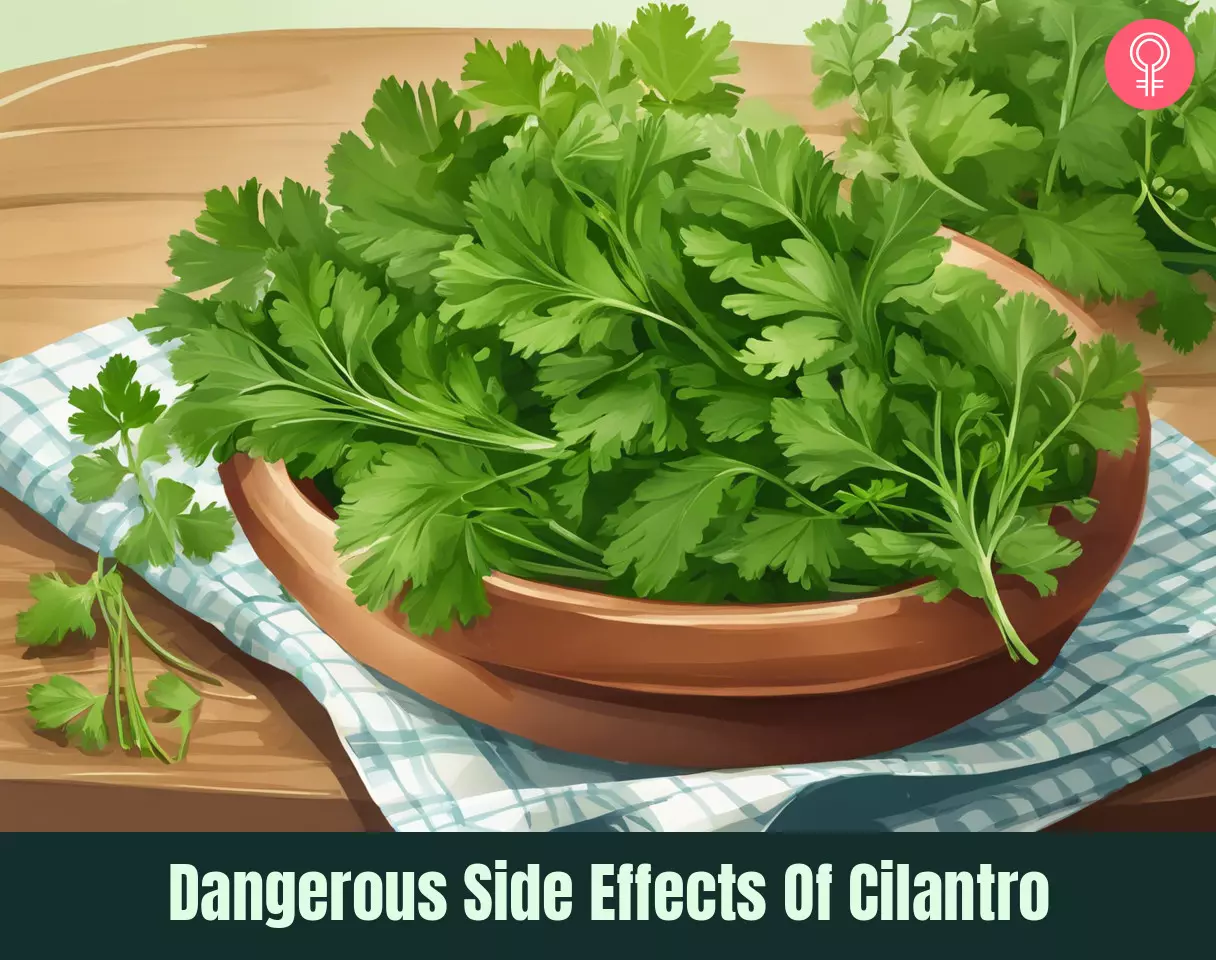
Image: Stable Diffusion/StyleCraze Design Team
Cilantro is a popular herb, but it can have dangerous side effects. Learn about the risks and how to stay safe in this video.
Personal Experience: Source
StyleCraze's articles are interwoven with authentic personal narratives that provide depth and resonance to our content. Below are the sources of the personal accounts referenced in this article.
i. I HATE CILANTRO!!!https://keen101.wordpress.com/2010/09/20/i-hate-cilantro/
References
Articles on StyleCraze are backed by verified information from peer-reviewed and academic research papers, reputed organizations, research institutions, and medical associations to ensure accuracy and relevance. Read our editorial policy to learn more.
- Acute and sub-chronic toxicological evaluation of hydro-methanolic extract of Coriandrum sativum L. seeds
https://www.ncbi.nlm.nih.gov/pmc/articles/PMC5099860/ - Coriander fruit exhibits gut modulatory, blood pressure lowering and diuretic activities
https://www.sciencedirect.com/science/article/abs/pii/S037887410800696X - Coriander
https://pubmed.ncbi.nlm.nih.gov/30000851/ - Allergy to Coriander
https://onlinelibrary.wiley.com/doi/abs/10.1111/j.1398-9995.1979.tb04374.x - Coordination Mechanism and Bio-Evidence: Reactive γ-Ketoenal Intermediated Hepatotoxicity of Psoralen and Isopsoralen Based on Computer Approach and Bioassay
https://pmc.ncbi.nlm.nih.gov/articles/PMC6151710/ - Psoralen phototherapy and phototoxicity
https://pubmed.ncbi.nlm.nih.gov/4083703/ - Oral allergy syndrome
https://www.researchgate.net/publication/44691194_Oral_allergy_syndrome - Anaphylaxis following cilantro ingestion
https://www.annallergy.org/article/S1081-1206(12)00673-4/abstract - Beer anaphylaxis due to coriander as hidden allergen
https://pmc.ncbi.nlm.nih.gov/articles/PMC6088294/ - Phytochemical And FTIR Analysis Of Coriander Leaf Infusion As An Active Pharmaceutical Ingredient
https://www.researchgate.net/publication/372753298_Phytochemical_and_FTIR_Analysis_Of_Coriander_Leaf_Infusion_As_An_Active_Pharmaceutical_Ingredient/fulltext/64c6520502881b555ba079c5/Phytochemical-and-FTIR-Analysis-Of-Coriander-Leaf-Infusion-As-An-Active-Pharmaceutical-Ingredient.pdf?origin=scientificContributions - Oxalates in some Indian green leafy vegetables
https://pubmed.ncbi.nlm.nih.gov/18335334/ - Oxalate, inflammasome, and progression of kidney disease
https://pmc.ncbi.nlm.nih.gov/articles/PMC4891250/ - Coriander (cilantro) leaves, raw
https://fdc.nal.usda.gov/food-details/169997/nutrients - Allergy, Immunotherapy, and Alternative Treatments for Dizziness
https://www.researchgate.net/publication/354733186_Allergy_Immunotherapy_and_Alternative_Treatments_for_Dizziness - Outbreak of Cyclosporiasis Associated with Fresh Cilantro, Texas, 2013
https://www.researchgate.net/publication/267876272_Outbreak_of_Cyclosporiasis_Associated_with_Fresh_Cilantro_Texas_2013
Read full bio of Reda Elmardi
- Mary Sabat, MS, RDN, LD, is a registered dietitian and a certified in personal training by the American Council of Exercise. She has 30 years of experience in nutrition education, wellness coaching, fitness training, holistic health, and weight loss coaching. She obtained her bachelor's degree in Dietetics and Nutrition from the University of Delaware and master’s degree in Human Nutrition with an emphasis on Exercise Science from Rutgers University.
 Mary Sabat, MS, RDN, LD, is a registered dietitian and a certified in personal training by the American Council of Exercise. She has 30 years of experience in nutrition education, wellness coaching, fitness training, holistic health, and weight loss coaching. She obtained her bachelor's degree in Dietetics and Nutrition from the University of Delaware and master’s degree in Human Nutrition with an emphasis on Exercise Science from Rutgers University.
Mary Sabat, MS, RDN, LD, is a registered dietitian and a certified in personal training by the American Council of Exercise. She has 30 years of experience in nutrition education, wellness coaching, fitness training, holistic health, and weight loss coaching. She obtained her bachelor's degree in Dietetics and Nutrition from the University of Delaware and master’s degree in Human Nutrition with an emphasis on Exercise Science from Rutgers University.
Read full bio of Tanya Choudhary
Read full bio of Ravi Teja Tadimalla
Read full bio of Moksha Gandhi






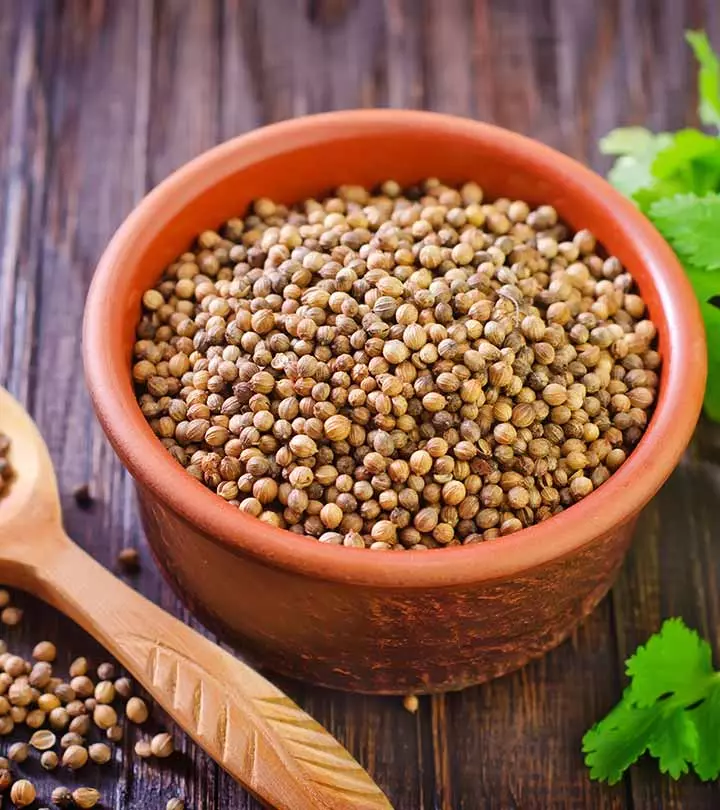
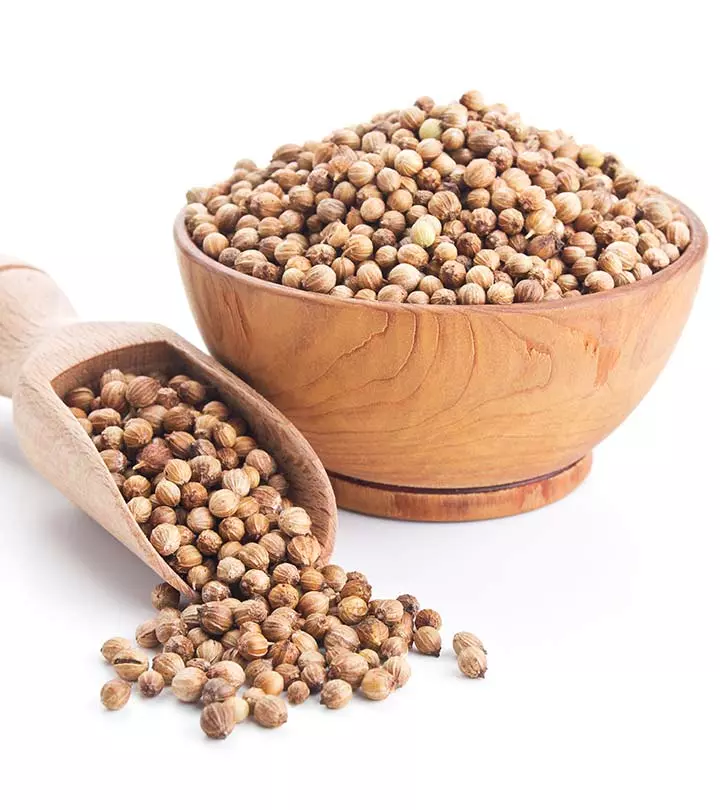

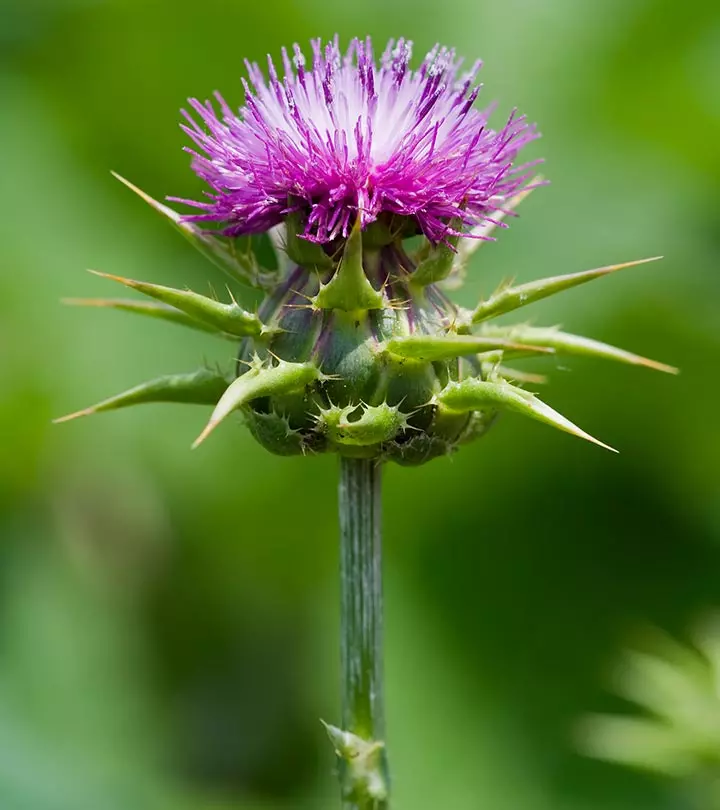
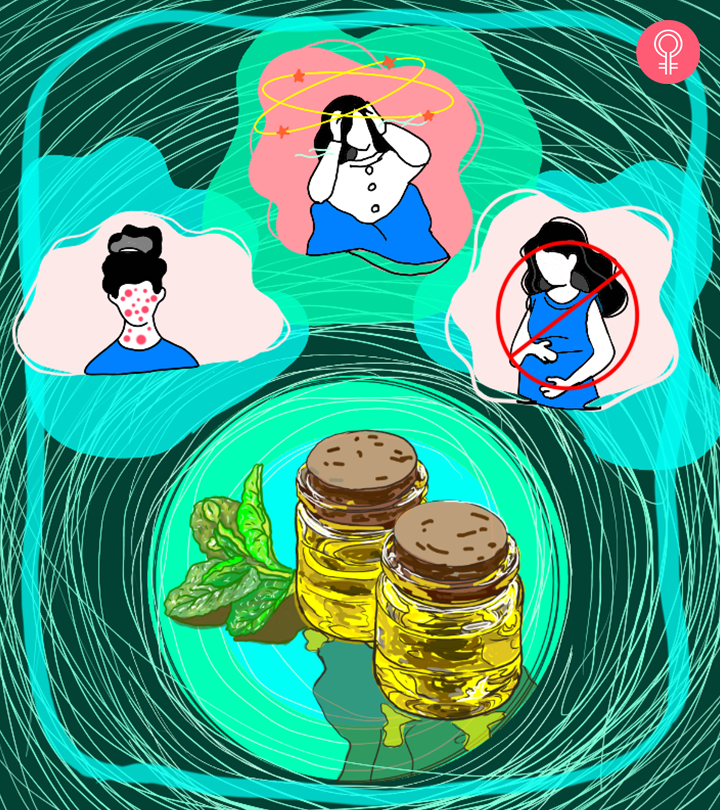
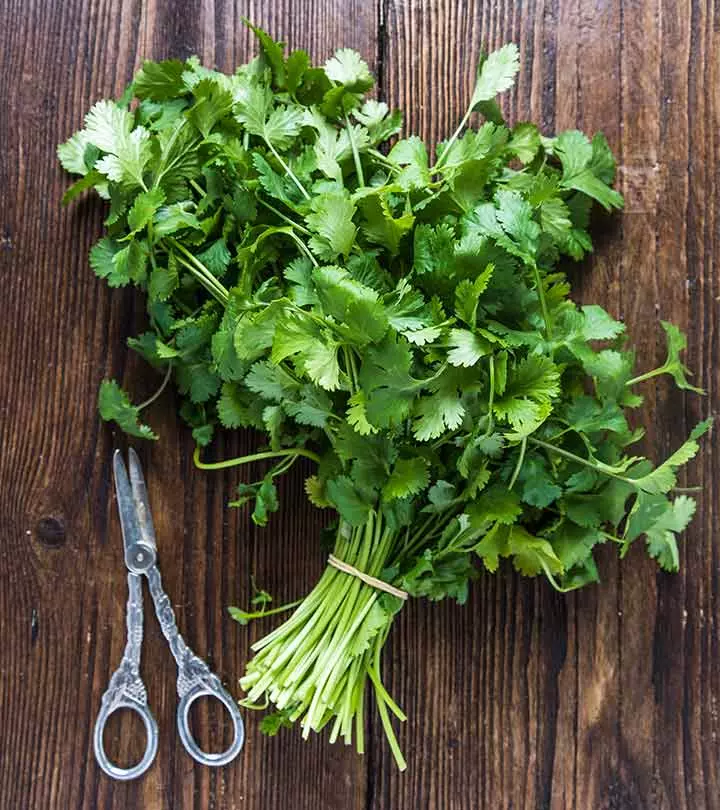
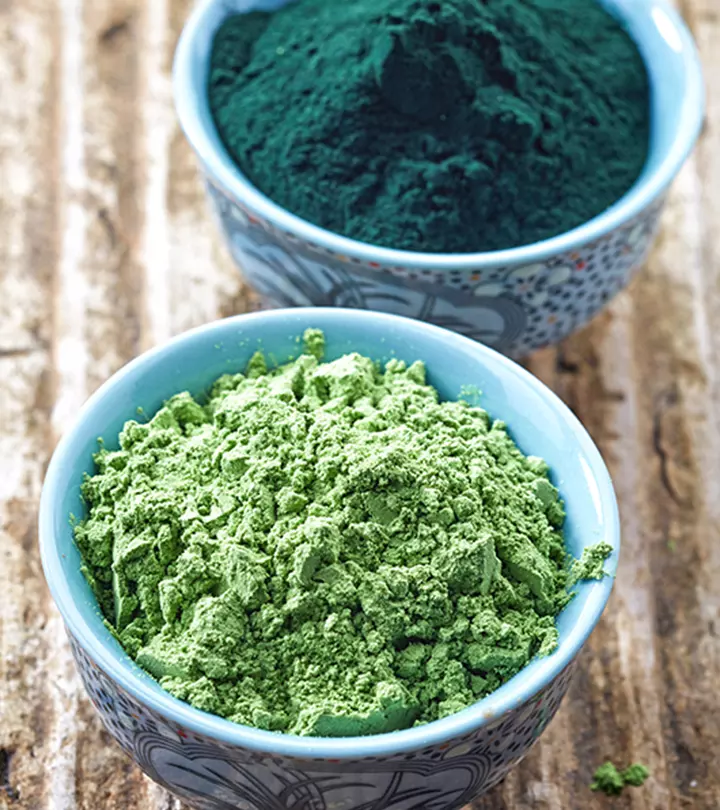

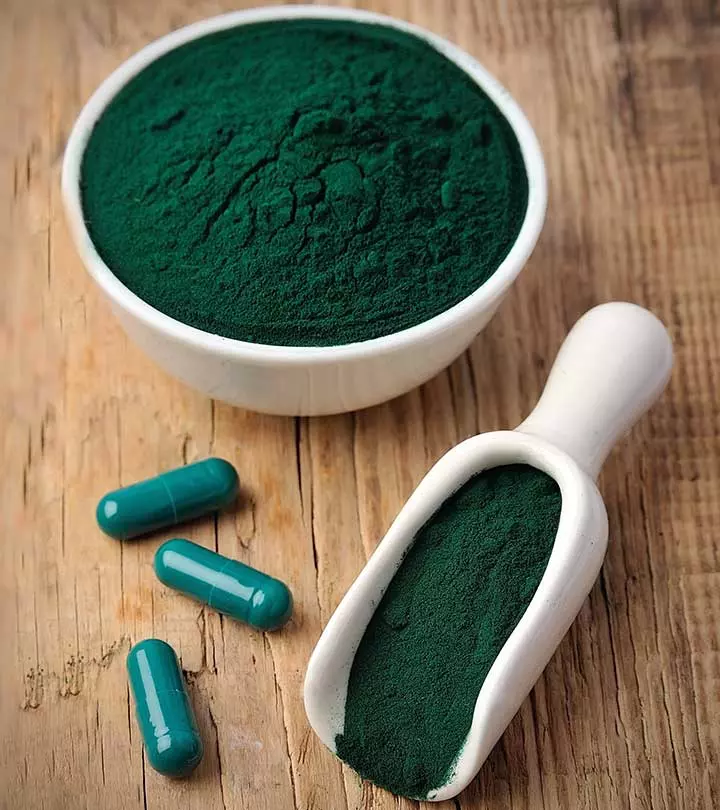
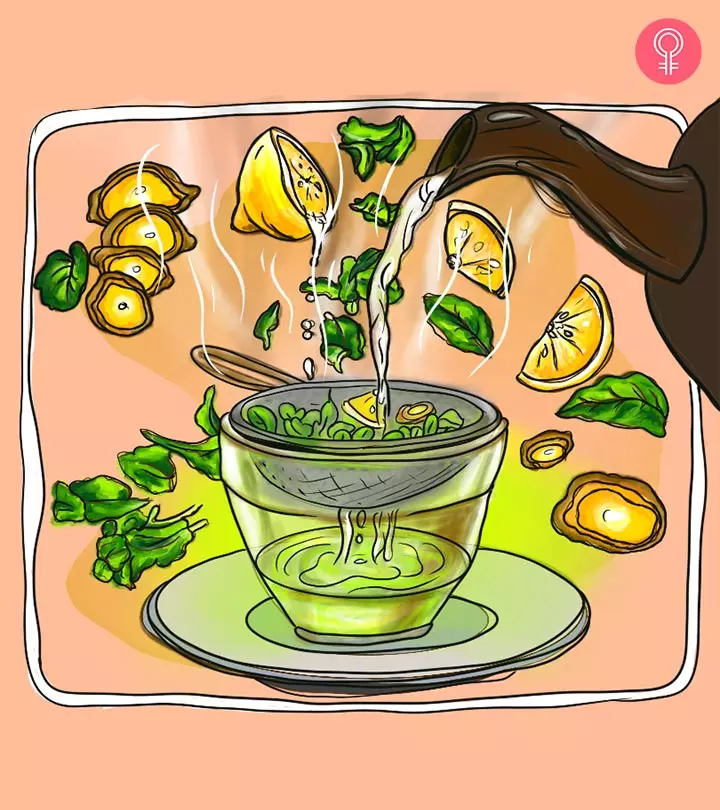

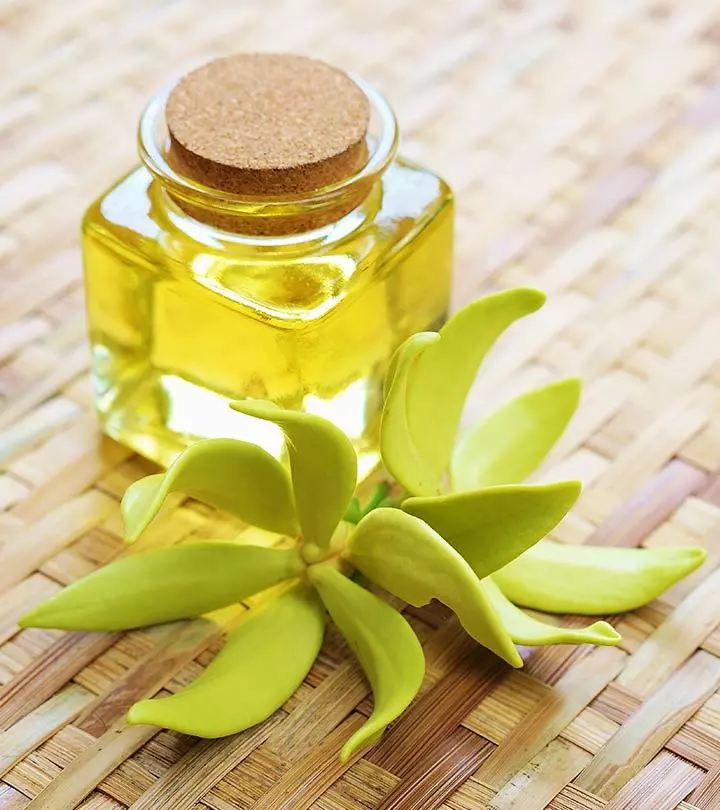

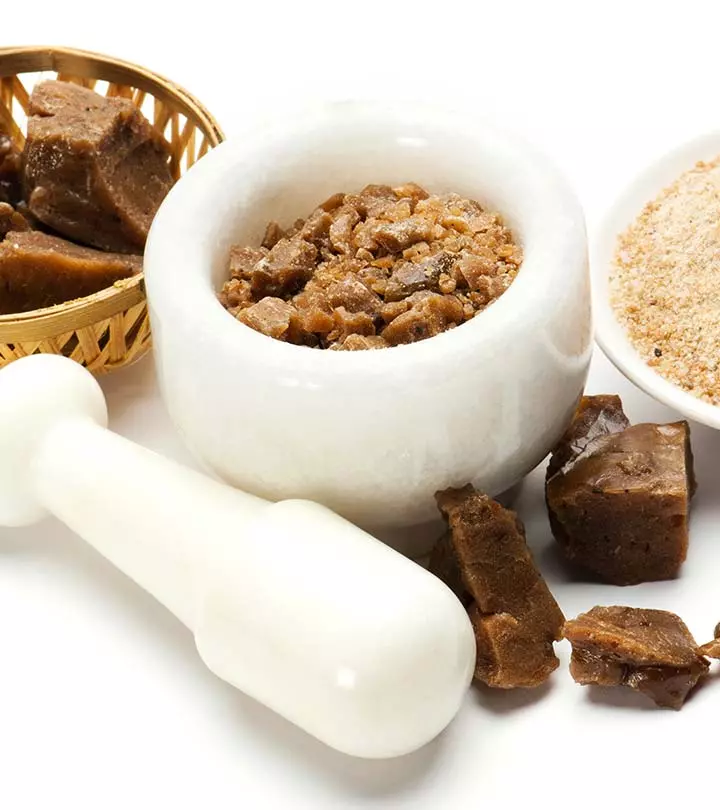

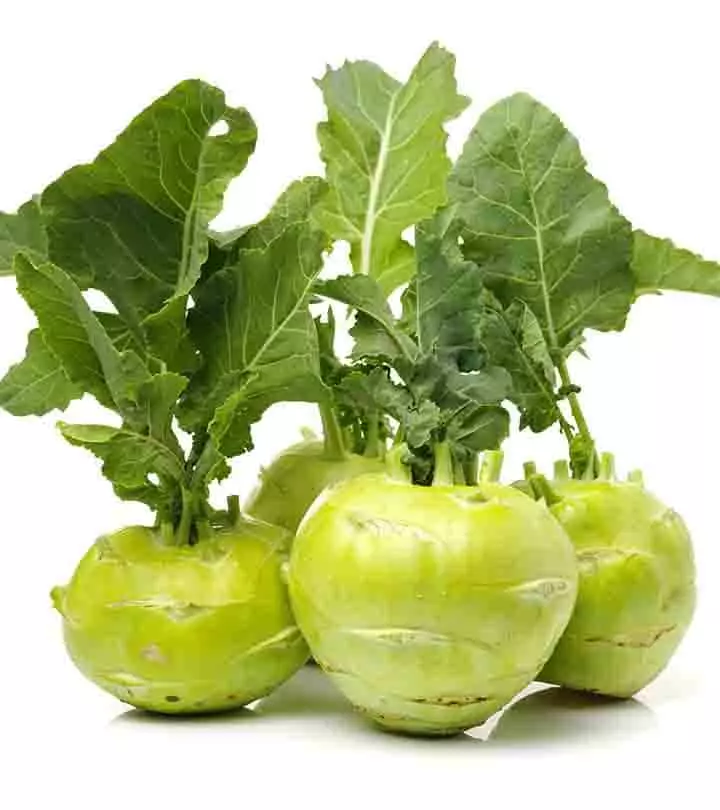
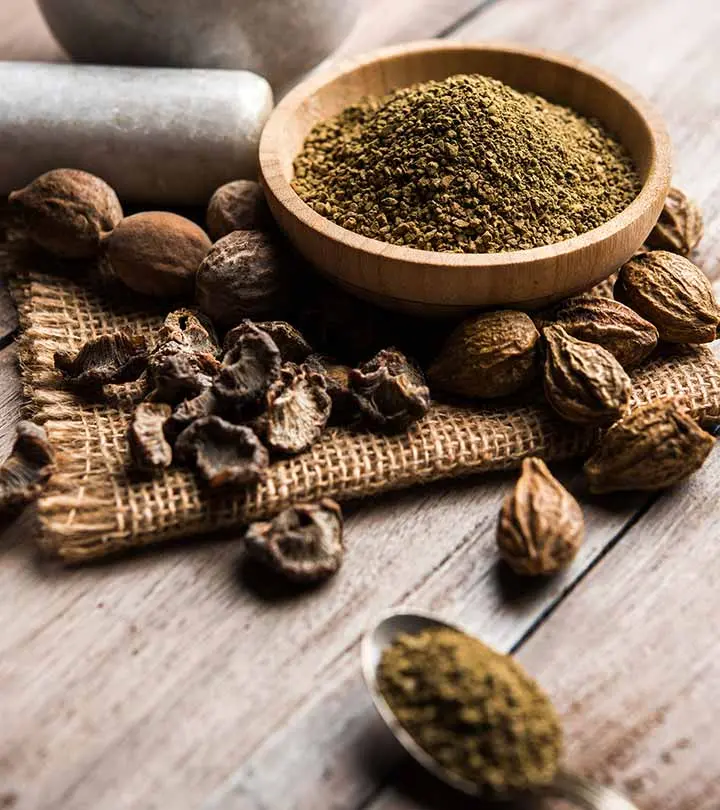



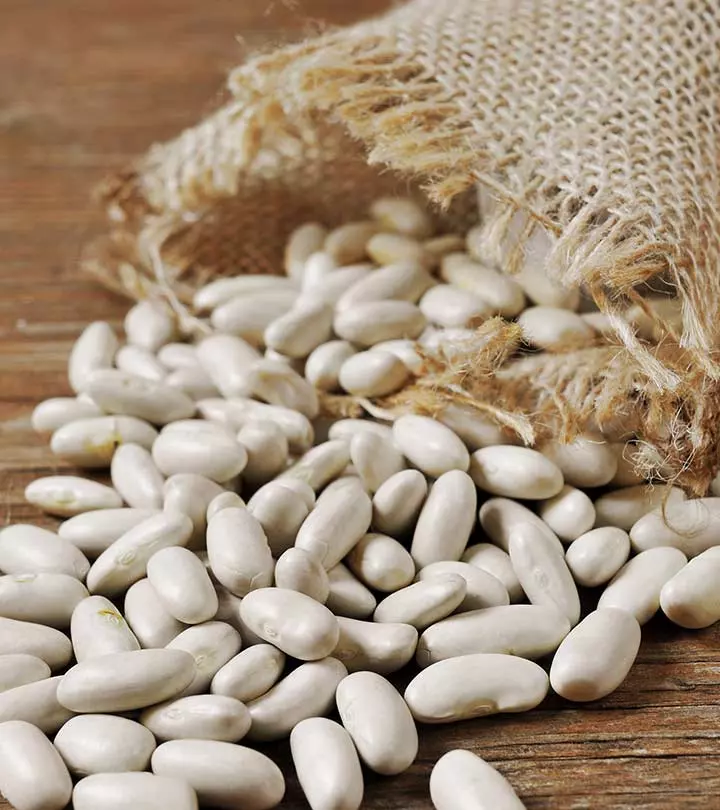
Community Experiences
Join the conversation and become a part of our empowering community! Share your stories, experiences, and insights to connect with other beauty, lifestyle, and health enthusiasts.